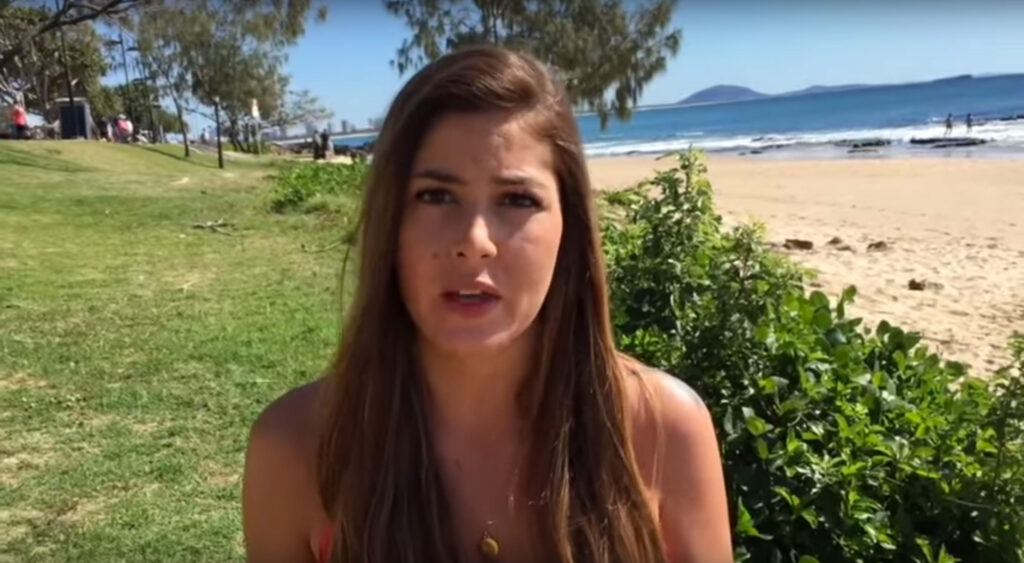In September 2015, a young French tourist claimed on a YouTube video to be looking for an Australian man who got her pregnant. The video was titled “Help me” and in it she states her name is Natalie Amyot and she had a one-night stand with an Australian man in Mooloolaba on Queensland’s Sunshine Coast. She added she does not know how to contact him again. Thousands of people believed the story and shared the video to help her. Subsequently, the video became viral, reaching millions of viewers. You can see the clip below, with a new title.
After a while, some people got suspicious and found out that Natalie Amyot’s real name was Alizee Michel and they even showed photos from her social media accounts. She was a student and resident in Mooloolaba. However, the initial story reached the media and was published by online newspapers like the Daily Mail, Fox News, Time, The Huffington Post, The Independent and Yahoo News, among many others.
Two days later, probably after getting worried due to the increasing level of aggression against Alizee, a new video appeared on the same YouTube channel. This one was titled “I found him”, and in it the marketer Andy Sellar admits it was only an advertising stunt for Mooloolaba. This revelation caused outrage among the public, which culminated in a high number of negative comments and “thumbs down” on both videos.
This controversial campaign reminds us of the old and debatable adage that “there’s no such thing as bad publicity” or “all publicity is good publicity”. We know that this is not necessarily true as the video became viral but at a high cost in brand image. Nobody wants to be remembered as a liar.

